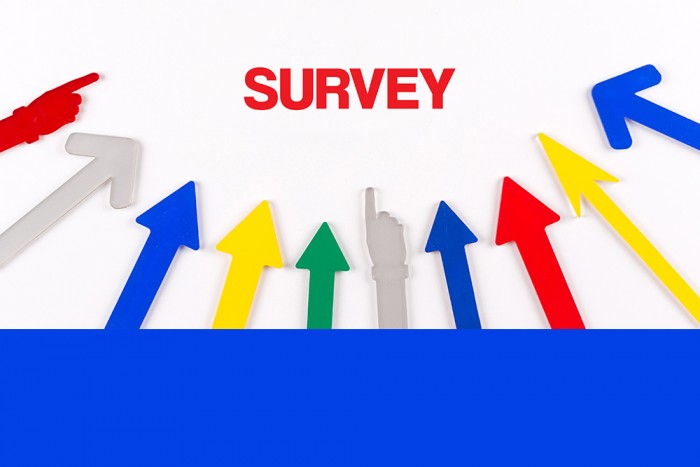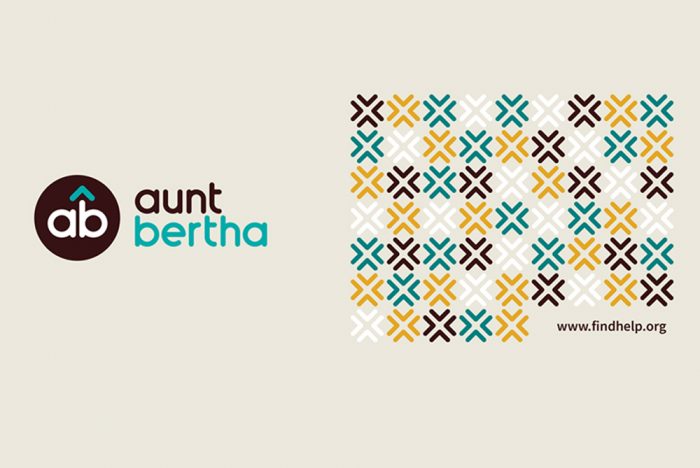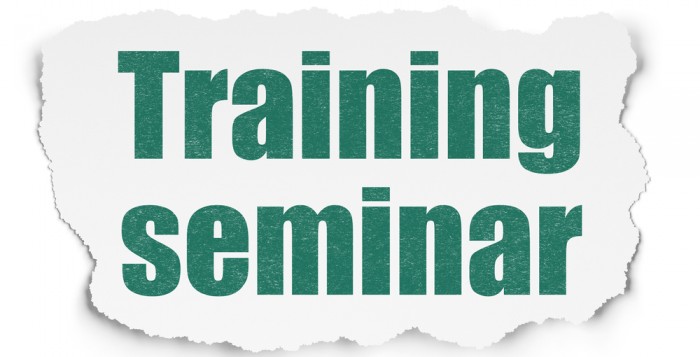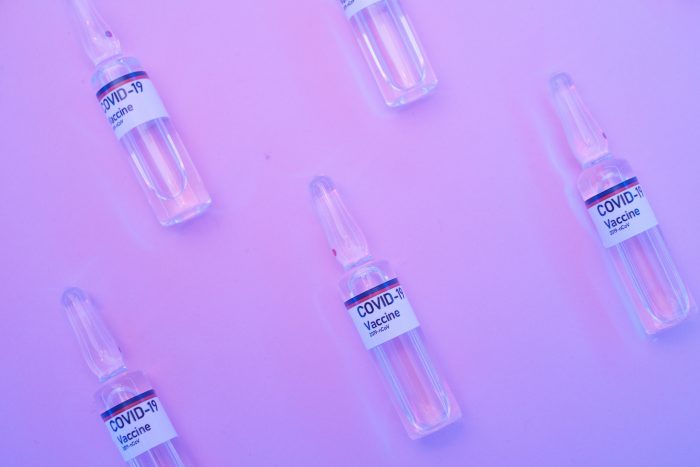Governor Wolf Nominates Dr. Denise A. Johnson to Serve as Physician General
Direct Service Professional (DSP) COVID-19 Vaccination Need and Access Survey
ODP is requesting your assistance to gather information about access to the COVID-19 vaccine for staff employed by ODP enrolled providers. This differs from the DHS tracker that was recently sent to providers. That tool is to track COMPLETION of vaccination for facilities – the survey attached to this announcement is to gather information on DSPs who still need vaccines (including non-residential).
We have developed an online survey to collect information on direct support professionals and other agency staff that provide in-person, ODP funded services, to identify gaps in the availability of the COVID-19 vaccine.
We strongly encourage you to complete this survey, as it will assist ODP and the Department of Human Services to plan for and provide additional vaccine resources. The survey should take no more than 5 minutes to complete after organizing the information needed for your agency’s submission.
Please use this link to access and complete the survey. Survey completion is requested on or before March 8, 2021.
NOTE: Do not include staff that live or work exclusively in Philadelphia in your responses.
Also available is a “Planning Template” to help you gather the information needed to complete the survey. This is an optional resource and is not required to be used. Remember that all responses must be entered into the online survey; please do not submit the Planning Template to ODP.
Please note that this survey and the proposed vaccination locations are for planning purposes only and are subject to change. As such, providers should continue to attempt to secure vaccinations for their staff through any available vaccine provider.
You may contact this email with any questions or to request technical assistance in completing the survey.
Note: If you receive an error when attempting to complete the survey, please try a different internet browser such as Chrome, Safari, etc.
DHS Releases Q&A Responses From Secretary Miller 2021–2022 Budget Review
DHS has released a set of responses to questions presented by stakeholders during DHS Secretary Teresa Miller’s 2021–2022 budget review.
The responses have been formatted by agency and has a link to the DHS Blue Budget book that will provide line item budgetary information. RCPA will be reviewing these responses, and if you have questions, please contact your RCPA Policy Director.
Update on Act 24 Reporting
Good afternoon!
I want to inform you that by Friday, March 5, OLTL will email providers that have not submitted their required Act 24 cost report. Deloitte has identified every email associated with an individual who has access to the reporting portal. Initially, credentials were emailed to contacts identified in OLTL’s records. There were also requests to provide credentials to individuals over the last four months. Both groups will receive the attached email message about the need to submit an Act 24 report.
Thanks for your assistance in supporting the Act 24 reporting process.
Daniel Sharar | Director
Bureau of Finance
Department of Human Services | Office of Long-Term Living
Whitepaper: Aunt Bertha’s Vision for a Connected Social Care Sector
2021 ASD Virtual Seminar Registration Open
DHS Highlights Role of Relationships and Social Support Systems
Department of Human Services Highlights Role of Relationships and Social Support Systems for People with Intellectual and Developmental Disabilities, Autism and Mental Health and Behavioral Challenges
Harrisburg, PA – The Pennsylvania Department of Human Services (DHS) today released the latest issue of the Positive Approaches Journal, which aims to provide the most recent research and resources for people with mental health and behavioral challenges, intellectual disabilities, autism, and other developmental disabilities to live an everyday life. This edition focuses on the importance of social connectedness and outlines ways of supporting people with intellectual and developmental disabilities and autism in forming healthy and long-lasting relationships.
“While the past year has proven incredibly difficult for everyone’s relationships and social life, the pandemic has revealed major disparities in this regard for individuals with intellectual and developmental disabilities and autism. These disparities hurt everyone,” said DHS Secretary Teresa Miller. “People with dual diagnoses often face challenges for true inclusion in their communities; historic segregation, inadequate education, and, on some occasions, abuse have made developing healthy relationships difficult. It is our hope that this edition of the Positive Approaches Journal will shine a light on ways to address these issues and ensure an everyday life for the people we serve.”
This edition features research and guidance on the following:
- Lessons from COVID-19: The Importance of Social Networks: This article examines importance of strong social networks to overall health and how those networks have served – or failed – individuals with intellectual and developmental disabilities during the COVID-19 pandemic.
- Our Contribution to Healthy and Unhealthy Relationships: This article outlines best practices in sex education for individuals with intellectual and developmental disabilities and autism.
- Building Healthy Relationships Together: Healing the Past to Promote a Positive Future: This article explores the societal challenges that people with disabilities face in forming healthy, long-lasting relationships and explores how this has a detrimental impact the community.
- Toward the White Picket Fence: Experiences Providing Education on Sexuality and Healthy Relationships to People with Intellectual and Developmental Disabilities: This article outlines how to implement a healthy relationships & sexuality curriculum with groups of self-advocates and details the best practices and barriers to implementation.
- Sexuality, Social Connectedness, and the Internet: This article details ways to ensure people with intellectual and developmental disabilities are safely included on social media and in digital communities without victimization and exploitation.
The journal is a collaboration of DHS’ Office of Developmental Programs and Office of Mental Health and Substance Abuse Services and collects resources, observations, and advancements in mental and behavioral health in order to better serve people with dual diagnoses in their communities.
“Our goal at DHS is to serve more people in their communities, and we hope that by publishing these resources and advancements to professionals and supporters, we can foster more research and improved services to the people who need them,” said Secretary Miller.
Read this edition of the Positive Approaches Journal.
For more information visit www.dhs.pa.gov.
Addressing COVID-19 Vaccine Hesitancy: A National Roundtable on Strategies for Health and Community Care Providers
















